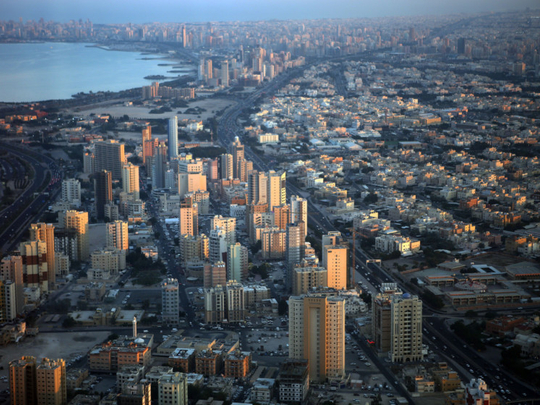
Abu Dhabi:In what they considered to be anti-dumping in the local markets of the Gulf Cooperation Council countries and to protect their industry from harmful practices in international trade directed to them by non-member states, Gulf industry ministers decided to impose final anti-dumping duties.
The duties, which are expected to be applied in Kuwait next week, would raise prices on consumers, harming the rules of competition in the market, economists said.
Kuwait is preparing to implement this decision, which includes some Gulf measures on tiles, ceramics and porcelain products of origin from China and India, for a period of 5 years from the date of June 6, at rates ranging from 23.5 to 100 per cent, Kuwati media reported.
Kuwaiti economists argue although the apparent intention of this decision is to protect the Gulf markets from dumping, it omits important aspects that these fees will raise the cost to the consumer who will eventually bear the bill and will reduce options for them in the market.
In addition, they say, the measures included in this decision may be matched by other measures from the two affected countries -- China and India, which are the largest suppliers of consumer and industrial products to Kuwait and the rest of the GCC countries, and therefore consumers will sustain more harm than that of dumping.
Also, anti-dumping policies require the existence of a law to protect against harm to competition, as is the case in the EU countries, which deal with its members as one unit, so that the exports of a factory in one country do not harm the factories operating in another country.
Since the ultimate goal is to protect consumers from any measures that raise the financial cost to them, therefore it is necessary to issue new Gulf rules to protect every country from harming competition that can occur from factories or businesses in another country within the Gulf Cooperation Council, economists argued.










